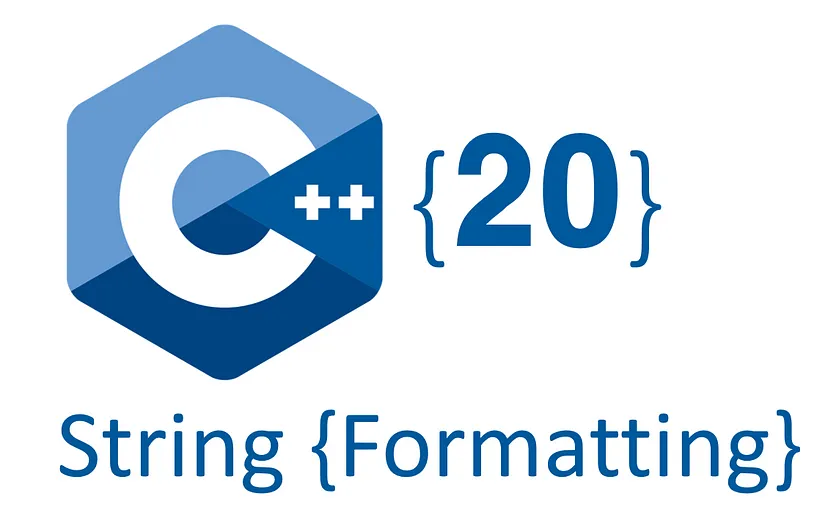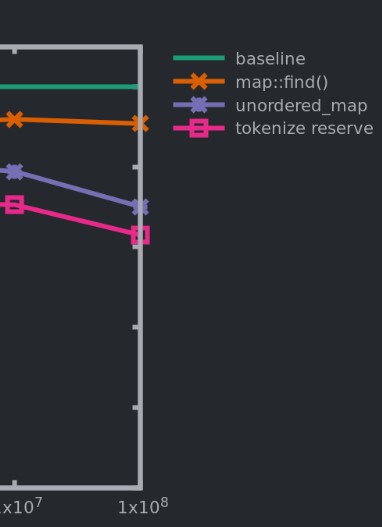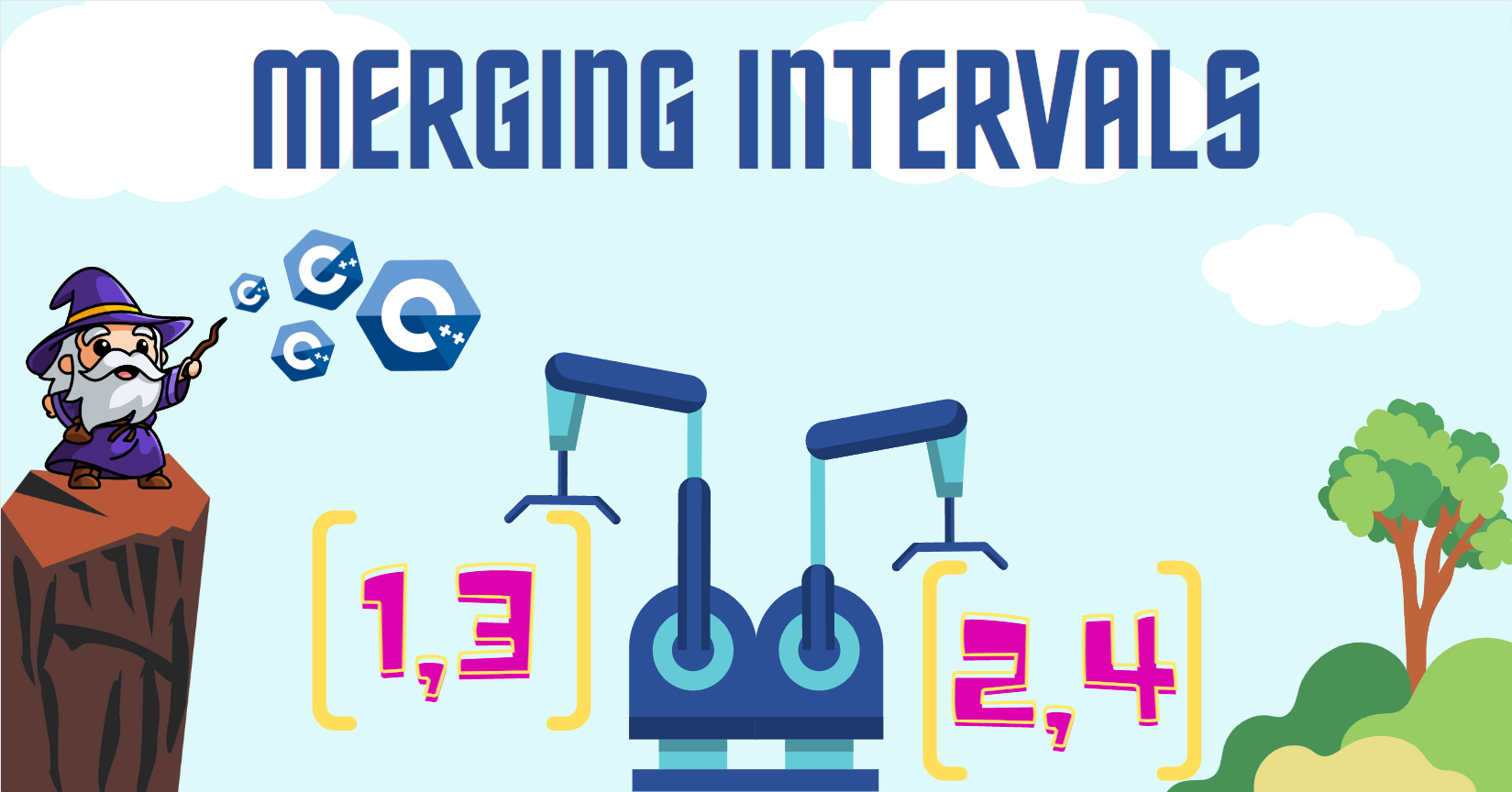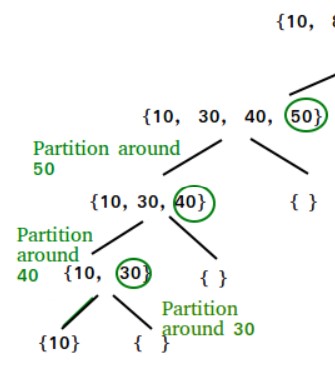Workshops for C++ on Sea 2023
The C++ on Sea 2023 pre-conference, one-day workshops, are now available:
Workshops for C++ on Sea 2023
by C++ on Sea
About the workshops
Workshops on coroutines, concurrency and modern C++ idioms from Nathan Baggs, Rainer Grimm and Mateusz Pusz, respectively.

 The first three parts are live:
The first three parts are live: Part the third:
Part the third: Revisiting a classical programming puzzle in next generation C++:
Revisiting a classical programming puzzle in next generation C++: Less (memory access) is more (speed):
Less (memory access) is more (speed):